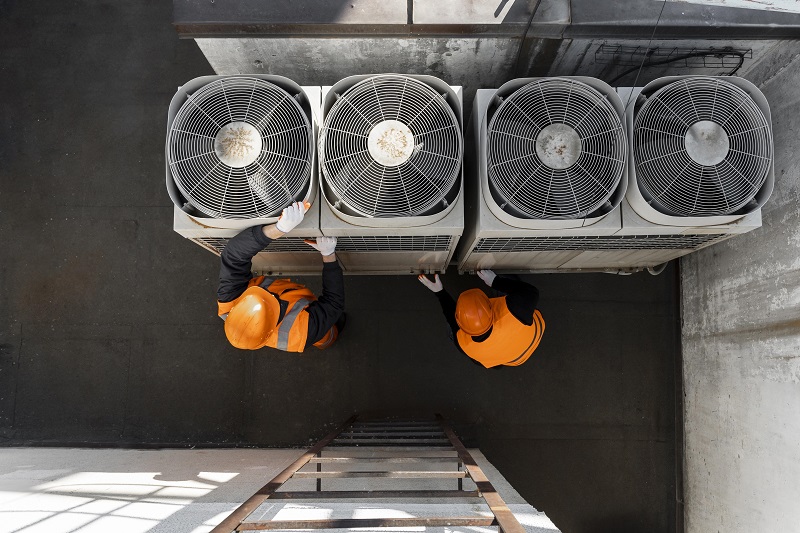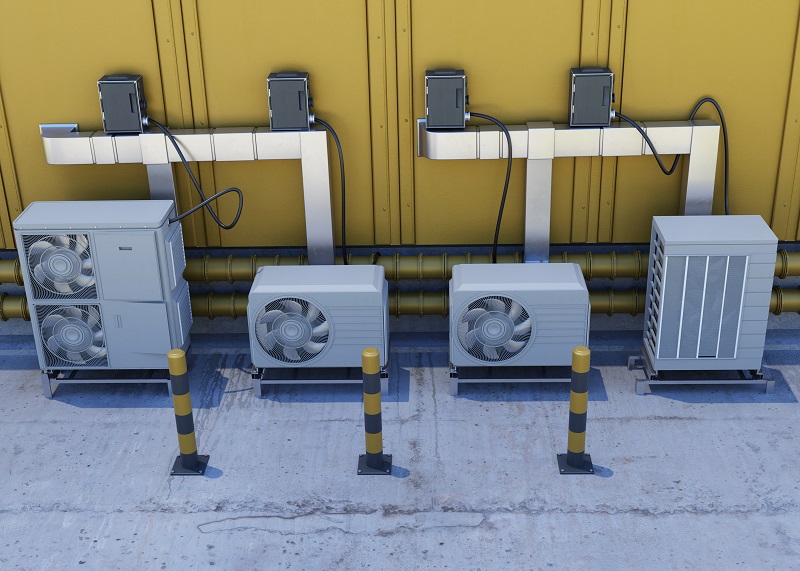
Weighing the Pros and Cons of Split Systems: Making the Right Choice for Your Home
Choosing the right heating, ventilation, and air conditioning (HVAC) system for your home can be a daunting task. With plenty of options available, it can be difficult to decide which one best suits your needs and lifestyle. One popular choice among homeowners is the split system. But is it the right choice for your home? This comprehensive guide will examine the pros and cons of split systems, providing you with all the information you need to make an informed decision.
Understanding Split Systems:
Split systems, as the name suggests, are divided into two main parts: an indoor unit that dispenses cool air and an outdoor unit that expels heat. This type of HVAC system is a popular choice due to its energy efficiency and cost-effectiveness. However, like any other system, it comes with its own set of challenges. To understand if it's the right choice for you, let's delve deeper into its advantages and disadvantages.

Pros of Split Systems:
Energy Efficiency: One of the biggest advantages of split systems is their energy efficiency. Unlike traditional HVAC units that lose energy through ductwork, split systems deliver air directly into different zones, reducing energy losses and saving you money on your utility bills.
Cost Efficiency: Split systems are generally less expensive to install than traditional HVAC systems. They also offer the flexibility to heat or cool only the rooms you use, which can lead to significant cost savings over time.
Indoor Air Quality: Split systems have built-in air filters that improve indoor air quality by removing dust, allergens, and other pollutants. This can be particularly beneficial for people with allergies or asthma.
Cons of Split Systems:
Installation Process: While split systems are generally less expensive to install, the process can be more complex than traditional HVAC systems. They require a skilled technician for installation, and improper installation can lead to inefficiencies and potential damage.
Maintenance Requirements: Split systems require regular maintenance to ensure they continue to operate efficiently. This includes cleaning or replacing air filters and checking the system for any potential issues.
Space Requirement: While split systems are compact in size, they do require space for installation. The outdoor unit needs to be placed in an area with good ventilation, which can be a challenge in homes with limited outdoor space.
Noise Levels: While split systems are generally quieter than traditional HVAC units, they can still produce some noise. This can be a concern for those who are sensitive to noise or live in close proximity to their neighbors.
Aesthetic Considerations: While some people find the modern look of split systems appealing, others may find them less aesthetically pleasing than traditional HVAC units. This is largely a matter of personal preference.
Climate Considerations for Split Systems: When considering a split system, it's crucial to consider your local climate. These systems are most efficient in moderate climates where the demand for heating and cooling is not extreme. In areas with severe winters or scorching summers, a traditional HVAC system may be more effective.

Final Thoughts:
While split systems offer several benefits, including energy efficiency, cost-effectiveness, and improved indoor air quality, they also have their drawbacks. Factors such as installation and maintenance requirements of split systems, space limitations, noise levels, and aesthetic considerations can influence your decision. Ultimately, the choice depends on your specific needs, preferences, and local climate conditions. It's always best to consult with a professional before making a final decision.
Related Courses and Certification
Also Online IT Certification Courses & Online Technical Certificate Programs

